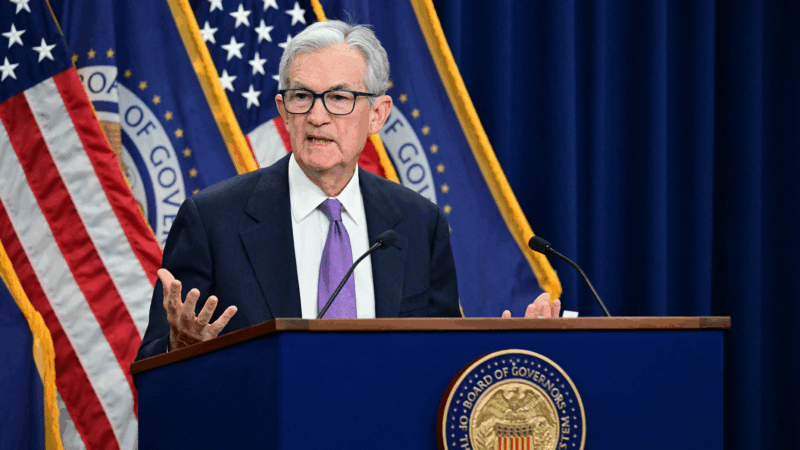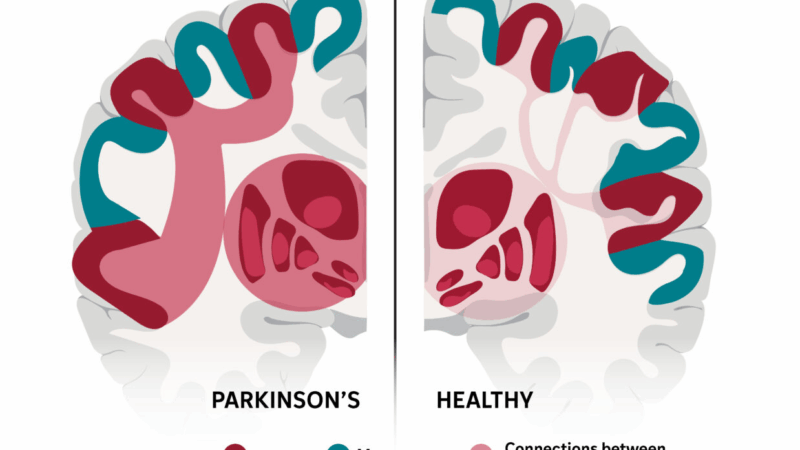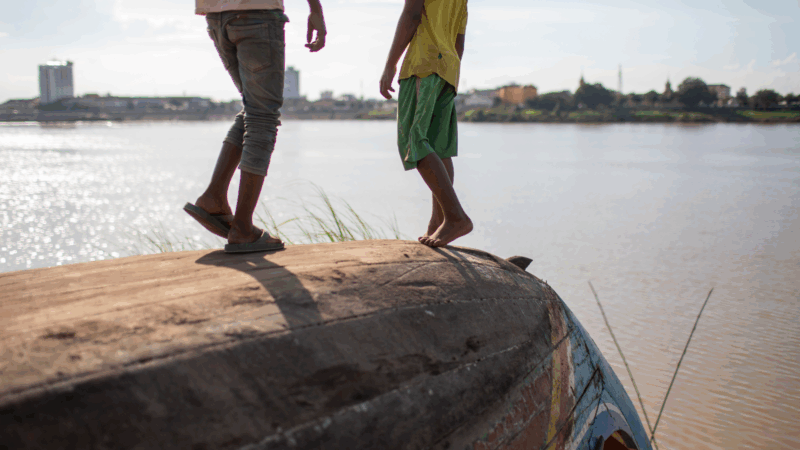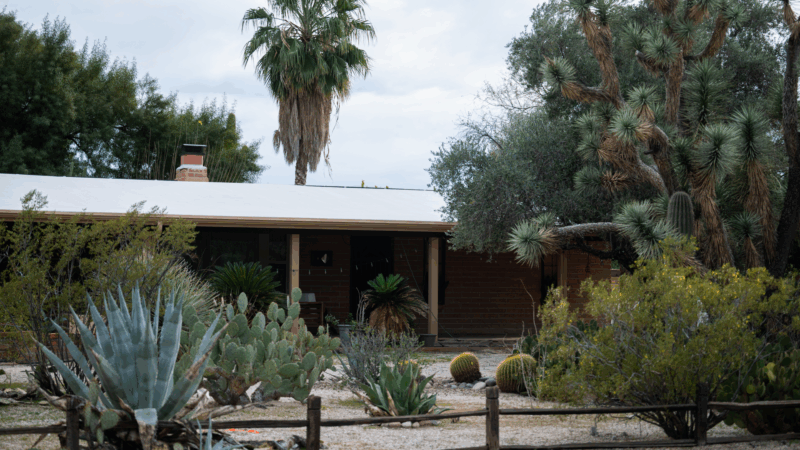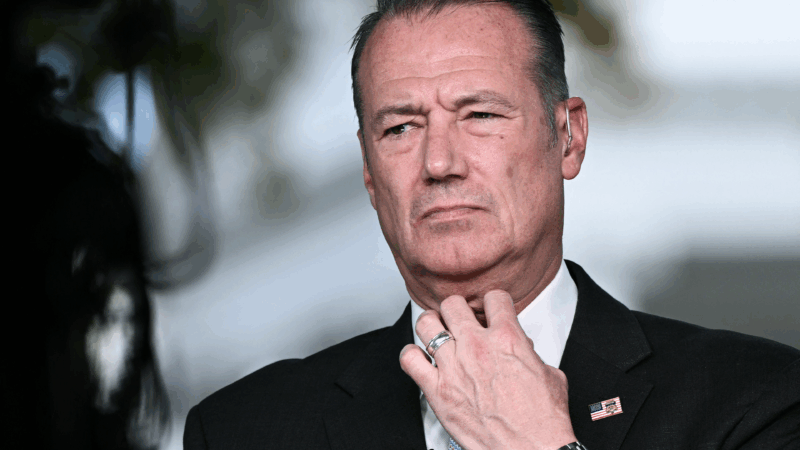Supreme Court keeps a pause for now on a ruling that weakens the Voting Rights Act
The U.S. Supreme Court on Thursday extended a pause, for now, on a controversial lower court ruling that struck down one of the remaining ways of enforcing protections against racial discrimination under the federal Voting Rights Act in seven mainly Midwestern states.
The new, unsigned order comes as two tribal nations in North Dakota prepare to ask the high court to take up a full review of the ruling in a redistricting case out of the 8th U.S. Circuit Court of Appeals. Justices Clarence Thomas, Samuel Alito and Neil Gorsuch said they would deny the tribal nations’ request to keep the 8th Circuit panel’s ruling on hold.
The legal battle could end up further weakening the landmark law across the country at a time when the Justice Department under the Trump administration has backed away from voting rights cases that had begun when former President Joe Biden was in office.
Before the justices decide whether to hear the North Dakota case fully, the tribal nations asked the Supreme Court to consider putting a hold on the 8th Circuit panel’s ruling to help election officials in North Dakota determine which redistricting plan they can use for 2026 state legislative contests.
For next year’s election, the state is now set to use the same voting map it used for the 2024 election, which the tribal nations successfully advocated in court to put in place.
“We are relieved that Native voters in North Dakota retain the ability to protect ourselves from discrimination at the polls. Our fight for the rights of our citizens continues,” Jamie Azure, chair of the Turtle Mountain Band of Chippewa Indians, said in a statement.
The new order also means Democratic state Rep. Collette Brown — an enrolled member of the Spirit Lake Tribe, who is one of the three Native American lawmakers elected in North Dakota in 2024 and joined the tribal nations in the lawsuit — will be allowed to complete her term because her legislative district is preserved.
“It is important to remember that this is not just about maps and lines. It is about whether people in my community have an equal opportunity to elect our candidates of choice,” Brown said in a statement.
A spokesperson for North Dakota’s Republican secretary of state, Michael Howe, whose office Brown and the tribal nations sued, did not immediately respond to NPR’s request for comment on the Supreme Court’s order.
How a ruling against a “private right of action” could upend the Voting Rights Act
Three years ago, the Turtle Mountain and Spirit Lake tribes filed one of the hundreds of lawsuits that have long been brought under Section 2 of the Voting Rights Act by private individuals and groups.
The tribal nations successfully fought for a new voting map that they proposed for North Dakota’s legislature after U.S. District Judge Peter Welte, a nominee of President Trump, concluded that the one Republican lawmakers drew diluted the collective power of Native American voters, preventing them from electing their preferred candidates in areas where voting is racially polarized.
After an appeal by Howe, however, the 8th Circuit panel ruled that, contrary to decades of precedent, the tribal nations should not have been allowed to sue because private individuals and groups are not explicitly named in the text of the Voting Rights Act.
In 2023, a separate 8th Circuit panel in a related Arkansas redistricting case also ruled against what’s known as a “private right of action” under Section 2.
Such decisions would mean that only the head of the U.S. Justice Department can bring Section 2 cases.
Both 8th Circuit rulings apply to Arkansas, Iowa, Minnesota, Missouri, Nebraska, North Dakota and South Dakota.
At the Supreme Court, Justices Gorsuch and Thomas have previously signaled interest in taking up a case based on this novel argument against a private right of action. In 2021, with the support of Thomas, Gorsuch issued a one-paragraph opinion that said lower courts have considered whether private individuals can sue under Section 2 an “open question.” That has led to Republican officials in multiple states echoing opposition to private individuals filing redistricting lawsuits under Section 2.
Many voting rights advocates are concerned that, if taken up for a full review by the high court, the North Dakota case could result in the court’s conservative majority issuing another decision that limits the scope of this legislative legacy of the Civil Rights Movement.
Edited by Benjamin Swasey
An ape, a tea party — and the ability to imagine
The ability to imagine — to play pretend — has long been thought to be unique to humans. A new study suggests one of our closest living relatives can do it too.
How much power does the Fed chair really have?
On paper, the Fed chair is just one vote among many. In practice, the job carries far more influence. We analyze what gives the Fed chair power.
This complex brain network may explain many of Parkinson’s stranger symptoms
Parkinson's disease appears to disrupt a brain network involved in everything from movement to memory.
‘Please inform your friends’: The quest to make weather warnings universal
People in poor countries often get little or no warning about floods, storms and other deadly weather. Local efforts are changing that, and saving lives.
How the use of AI and ‘deepfakes’ play a role in the search for Nancy Guthrie
As artificial intelligence becomes more advanced and commonplace, it can be difficult to know what's real and what's not, which has complicated the search for Nancy Guthrie, according to law enforcement. But just how difficult is it?
Immigration officials to testify before House as DHS funding deadline approaches
Congressional Democrats have a list of demands to reform Immigration and Customs Enforcement. But tensions between the two parties are high and the timeline is short – the stopgap bill funding DHS runs out Friday.


